Electric scooters have played a significant role in boosting the popularity of micromobility in several major Canadian cities, including Vancouver, Toronto, Montreal, and Ottawa. As electric scooter adoption grows, there are important regulations that riders need to consider. If you're curious about the legal status of electric scooters in your province or municipality, the permitted areas for riding them, or if a license or insurance is required, this article provides the answers you are looking for.
National Electric Kick Scooter Laws in Canada
Electric kick scooters in Canada are classified similarly to power-assisted bicycles (PABs) otherwise known as electric bicycles. Such as the motor power of the vehicle must not exceed 500 watts, and also the vehicle must be limited to 32 km/h (or 20 mph). Instead of physical pedaling which is required to operate an electric bicycle, electric kick scooters require a kick start to engage the electric motor.
Nationally electric kick scooters are only permitted to be used on private property. The laws surrounding the operation of electric kick scooters on public property vary by province and municipality. Different provinces in Canada can set their laws, and each municipality is given the freedom to decide whether they want to adopt the use of electric kick scooters on their streets.
If you’re looking at purchasing an electric kick scooter, the Segway Max G2 is one of the best electric kick scooters on the market for under $1500 Canadian Dollars. Featuring a top speed of 32 km/h (or 20 mph), an estimated range of 65 km, and a foldable compact structure designed for commuters and city-goers, the Segway Max G2 has been named the king of electric kick scooters at an affordable price. You can check out the electric kick scooter here and visit one of our stores for a test ride.
Electric Scooter Laws:
Disclaimer: Please note that the description of the laws stated below are at a Provincial and Federal level. Please check with your municipality about the legality of using electric scooters in your area.
· Alberta:
In the province of Alberta, electric scooters (e-scooters) are permitted to be used in bike lanes, shared paths, shared streets, parks, and roads where the speed limit is 50 km/h or under. Depending on the municipality, electric scooters are not permitted on sidewalks, park trails that prohibit motorized vehicles, and roads which are closed for patios. Riders must be 18 years old or above, and also wear a bicycle approved helmet with a chinstrap. E-scooters must also have a maximum motor power of 500 watts, and a maximum speed of 24 km/h on level ground. E-scooters must also be equipped with a working bell or horn to alert pedestrians and cars. Moreover, electric scooters must also be equipped with one or two headlights, one or more rear tail lights, and one or more rear reflectors.
· Source:
https://www.law-faqs.org/alberta-faqs/recreational-activities/e-scooters/
· British Columbia:
Similar to electric scooter laws in Alberta, the province of British Columbia states that e-scooters must not exceed a motor output power of 500 watts, and travel faster than 24 km/h. Electric scooter riders must have lights if they are operating the vehicle between sunset and sunrise, and all riders must wear a bicycle approved helmet with chinstrap, and be 16 years of age or older. Depending on the municipality, electric scooters are prohibited to be ridden on sidewalks, major streets, and the Seawall.
· Source:
· Manitoba:
As of March 2022, the province of Manitoba has taken the first steps to legalize the use of micromobility devices such as electric scooters to be used on local roads. In an effort to promote climate resilience and green energy, the province has introduced Bill 21, which will allow the provincial government to approve pilot projects related to the legality of operating privately owned electric scooters, and dockless rental electric scooters. This means that presently at the time of writing, electric scooters are still prohibited in the province of Manitoba.
· Source:
https://web2.gov.mb.ca/bills/42-4/b021e.php
· Newfoundland and Labrador:
According to the Department of Transportation in Newfoundland and Labrador, electric scooters are classified as mopeds. These mopeds can have either two or three wheels, can travel under 50 km/h and have a maximum motor power of 1500 watts. The electric scooter must have a maximum weight of 55 kg, and must be equipped with a bell or horn, front and rear lights, light reflectors on each side, one or more brakes, and an accelerator. Electric scooters are allowed on local roads that have a posted speed limit of less than 50 km/h, bike lanes and park trails. Riders are required by law to wear an approved bicycle helmet when operating an electric scooter, and don’t need to obtain any license or registration.
· Source:
https://www.assembly.nl.ca/legislation/sr/statutes/h03.htm
· Nova Scotia:
In Nova Scotia’s Motor Vehicle Act, they have permitted the use of electric scooters at a provincial level. Similar to the provincial laws in other Canadian provinces, electric scooters must be limited to 32 km/h and have a motor power output of no greater than 500 watts. Riders must be at least 14 years old to operate an electric scooter, and do not need any license or registration. Depending on the municipality, electric scooters can be operated on roads, bike lanes, sidewalks, or shared sidewalks. Municipalities also have the discretion to lower the speed limit of electric scooters.
· Source:
· Ontario:
In the province of Ontario, the requirement for electric kick scooters is that it must be a two-wheeled device, that has a platform for riders to stand on, that must have a handlebar for steering, an electric motor that does not exceed 500 watts, a maximum weight of 45 kg (99 lbs) and a maximum speed of 24 km/h on a flat surface. Additionally, riders need to be at least 16 years old to operate an electric scooter in Ontario, they need to wear a bicycle helmet if under 18 years old, and are not allowed to carry passengers, and cargo. At a provincial level, electric scooters are allowed to operate on roads, bike lanes and park trails, with the exception to highways and sidewalks. Currently, there is a pilot program for electric kick scooters in Ontario that will end on January 1, 2025. This pilot program aims at understanding where and how electric kick scooters should be used, meanwhile giving municipalities the freedom to set their own laws about the use of electric kick scooters. This pilot program will determine the requirements for using helmets, the minimum age of riders, and the weight and speed restrictions of the electric kick scooter. This pilot program means that municipalities in Ontario will have different electric kick scooter laws. For example, they are legal to use on public roads in the City of Mississauga, but are illegal in the City of Toronto. Municipalities are responsible for determining where electric kick scooters can be operated, where riders can park these vehicles, whether insurance and licensing is required, and if a business permit is required for companies to sell electric kick scooters.
· Source:
https://www.ontario.ca/page/ontario-e-scooter-pilot-program-guidelines-municipalities
· Prince Edward Island:
Electric scooters in the province of Prince Edward Island are currently illegal. As of June 29, 2022, the provincial government is forming a set of regulations regarding the use and speed of electric scooters. While there is no opposition to legalizing electric scooters, Graham Miner who is the director of Prince Edward Island’s highway safety division, claims that electric scooters will be classified similarly to electric bicycles. As a result, some of the regulations that will be implemented include a maximum speed of 32 km/h or 20 mph, and electric scooters will only be able to operate on roads limited to 50 km/h or less.
· Source:
· Quebec:
In Quebec, electric scooters were legalized for use in the summer of 2023. They are allowed on roads with speed limits of 50 km/h or less and on certain designated bike paths. The scooters must have a top speed of no more than 25 km/h. Riders must be at least 14 years old, wear a helmet with a chinstrap, and obey the same traffic laws as cyclists, including the rule against riding on sidewalks. The scooter must weigh no more than 36 kg, have at least one electric brake (like a regenerative brake) and one mechanical brake (such as a disc or drum brake), be equipped with handlebars, and have wheels with a minimum diameter of 190 mm.
· Source:
· Saskatchewan:
In the province of Saskatchewan, electric scooters are prohibited to be ridden on public roads. While municipalities may have different laws to decide whether electric scooters are legal, they are illegal at a provincial level. Fortunately, riders do not need to register their electric scooter, and obtain a driver’s license to operate one. In a survey conducted by the Saskatchewan Government Insurance in October 2021, they evaluated the benefits and concerns regarding the use of electric scooters, and also the public sentiment regarding whether electric scooters should be permitted on public roads. The survey findings showed that the Saskatchewan provincial government needs to improve city infrastructure to accommodate electric scooters safely, understand how electric scooter injuries and accidents will be handled, and set the standards for how electric scooters should be built and how fast they can go.
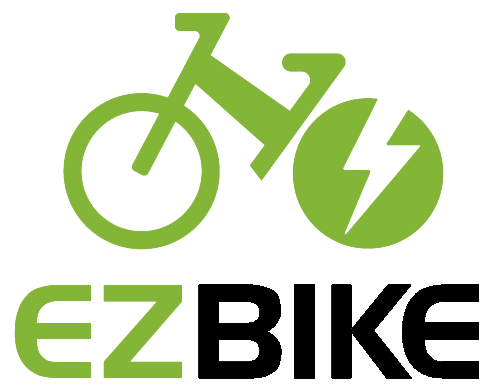

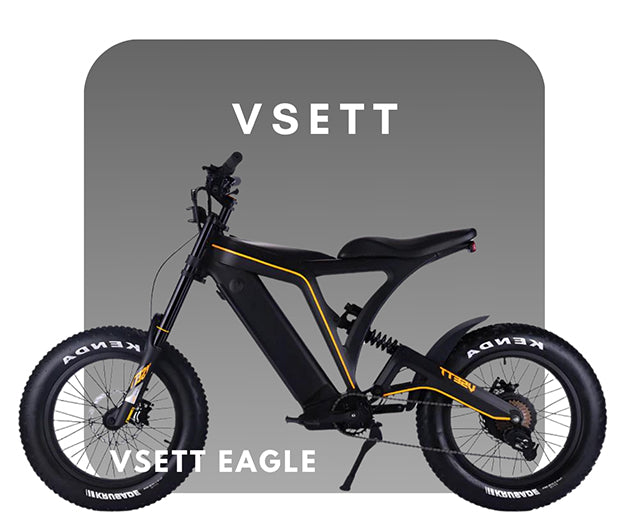
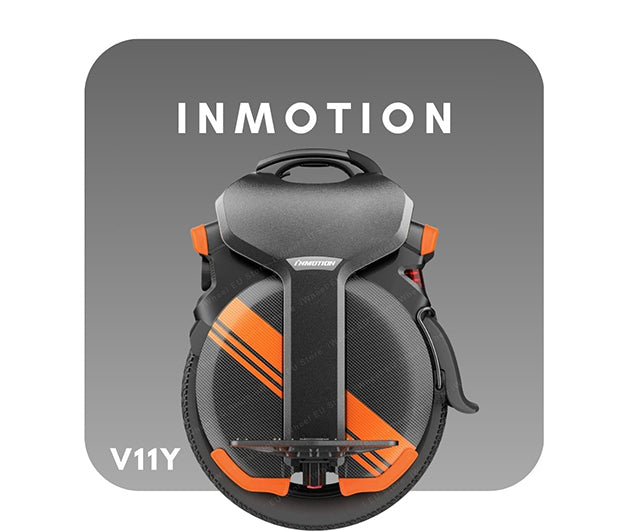
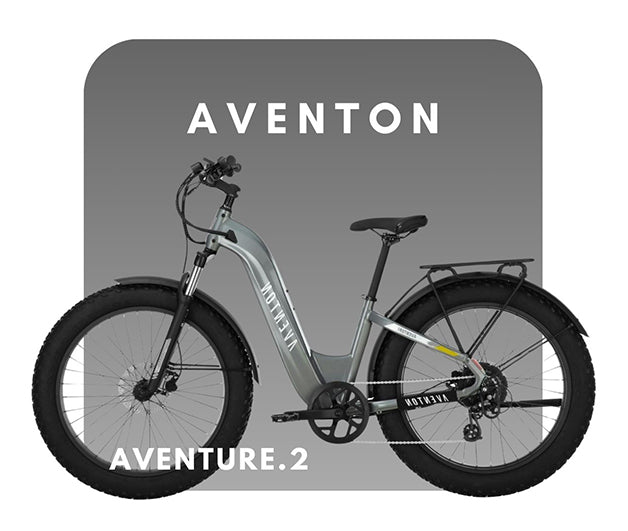
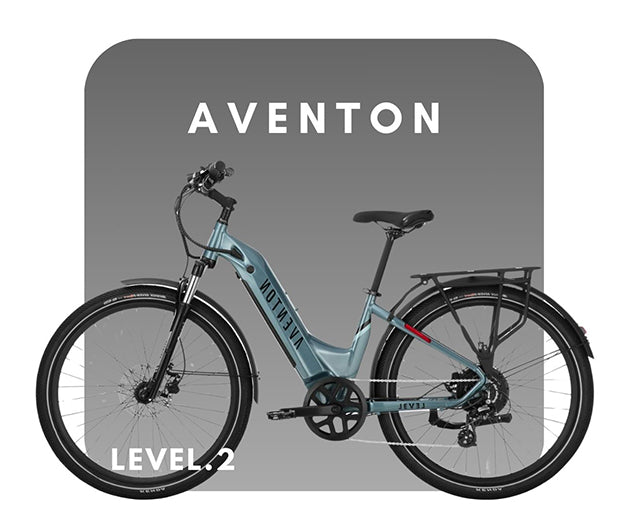
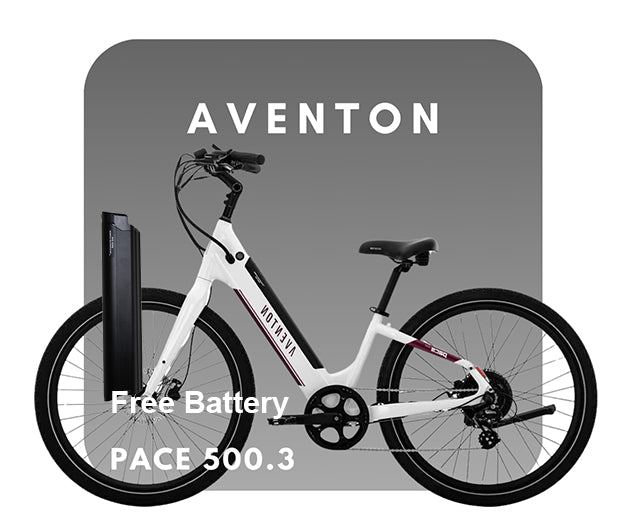
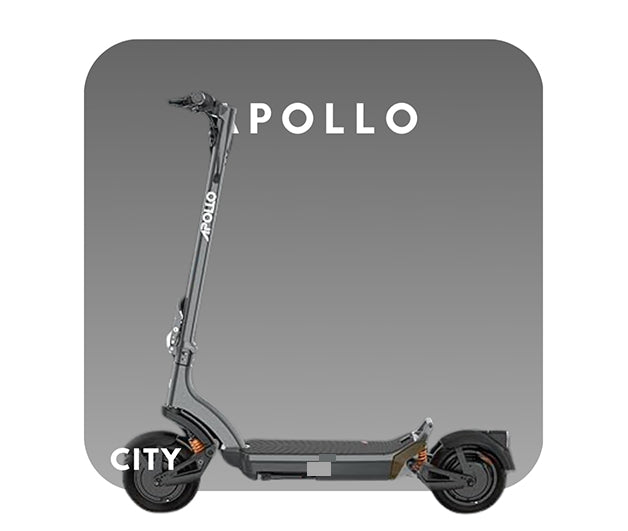
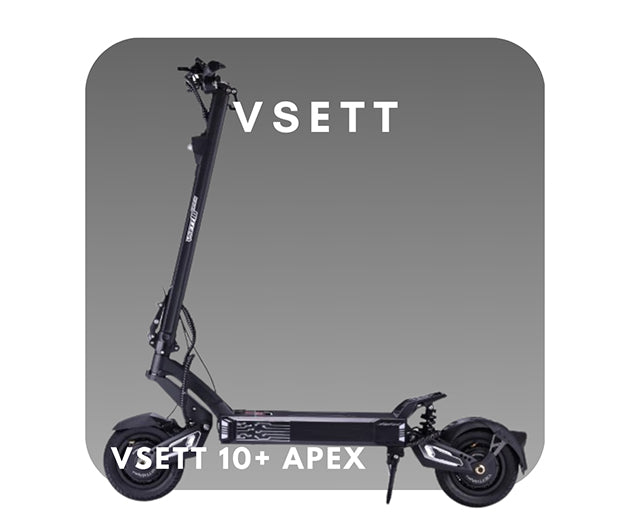
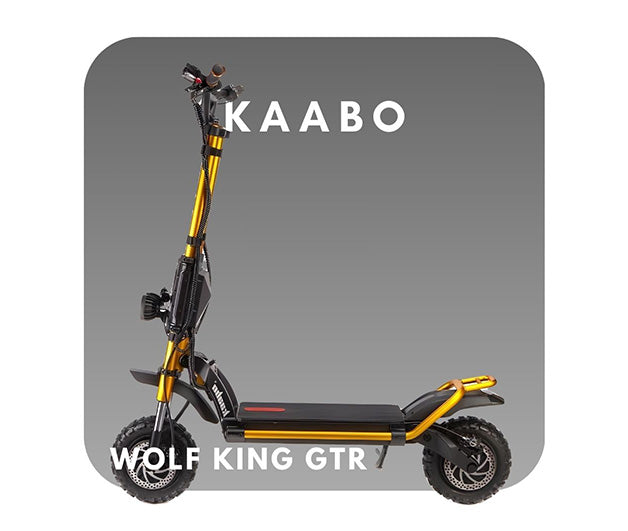
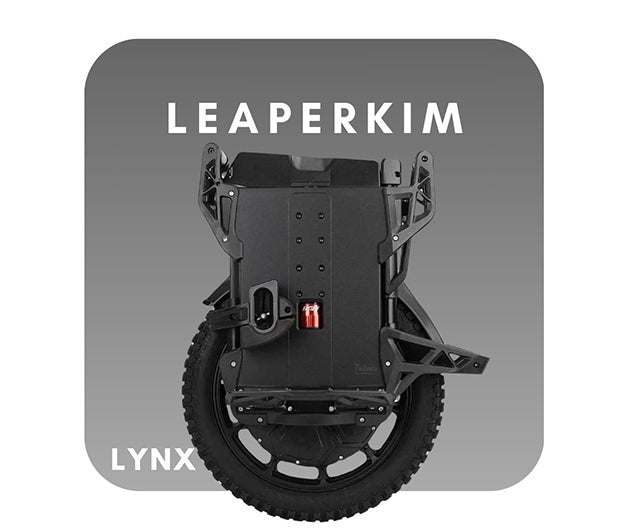
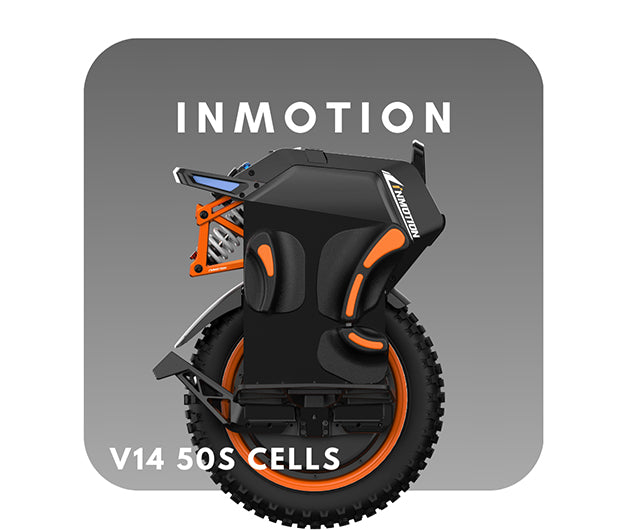
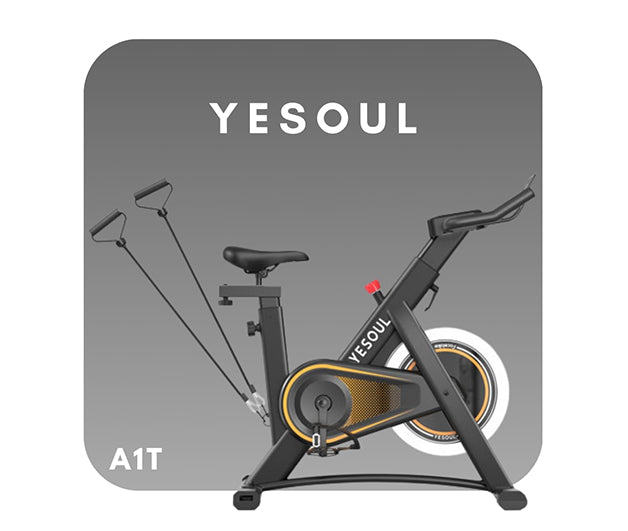


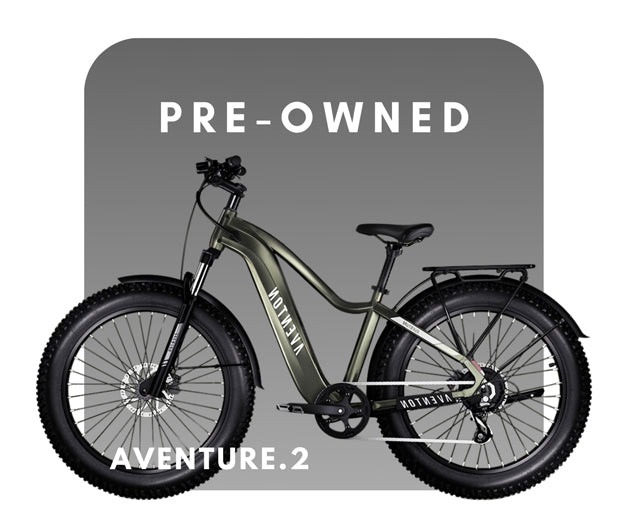
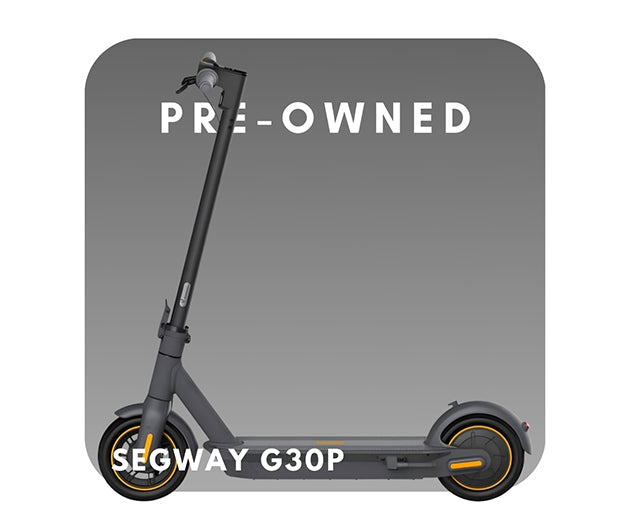
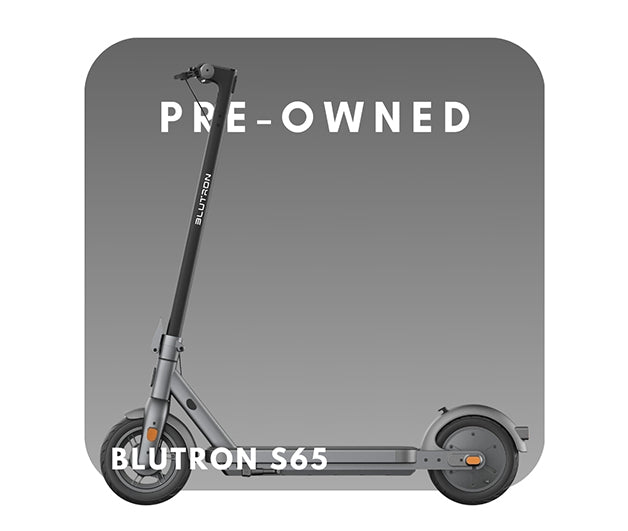

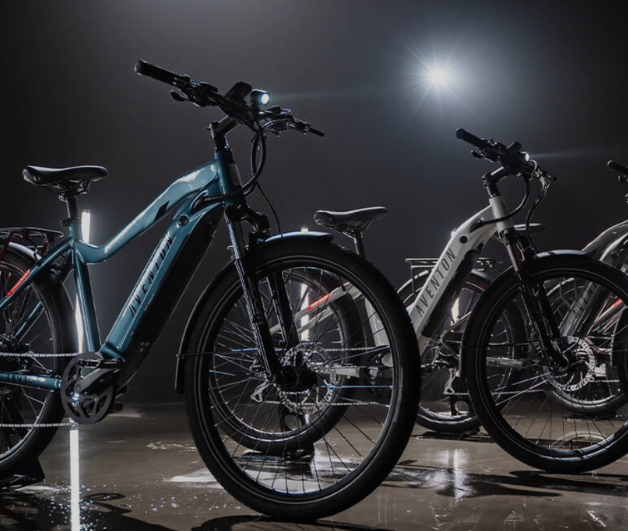

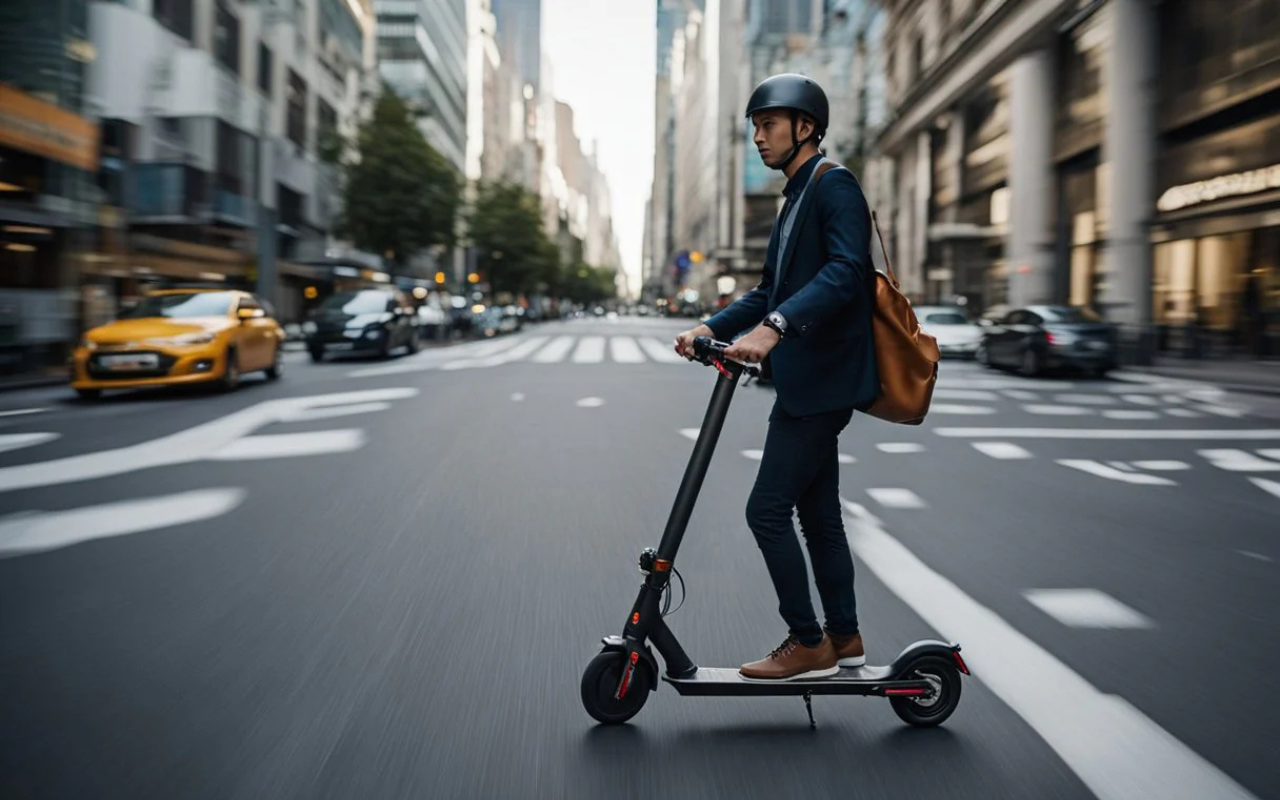
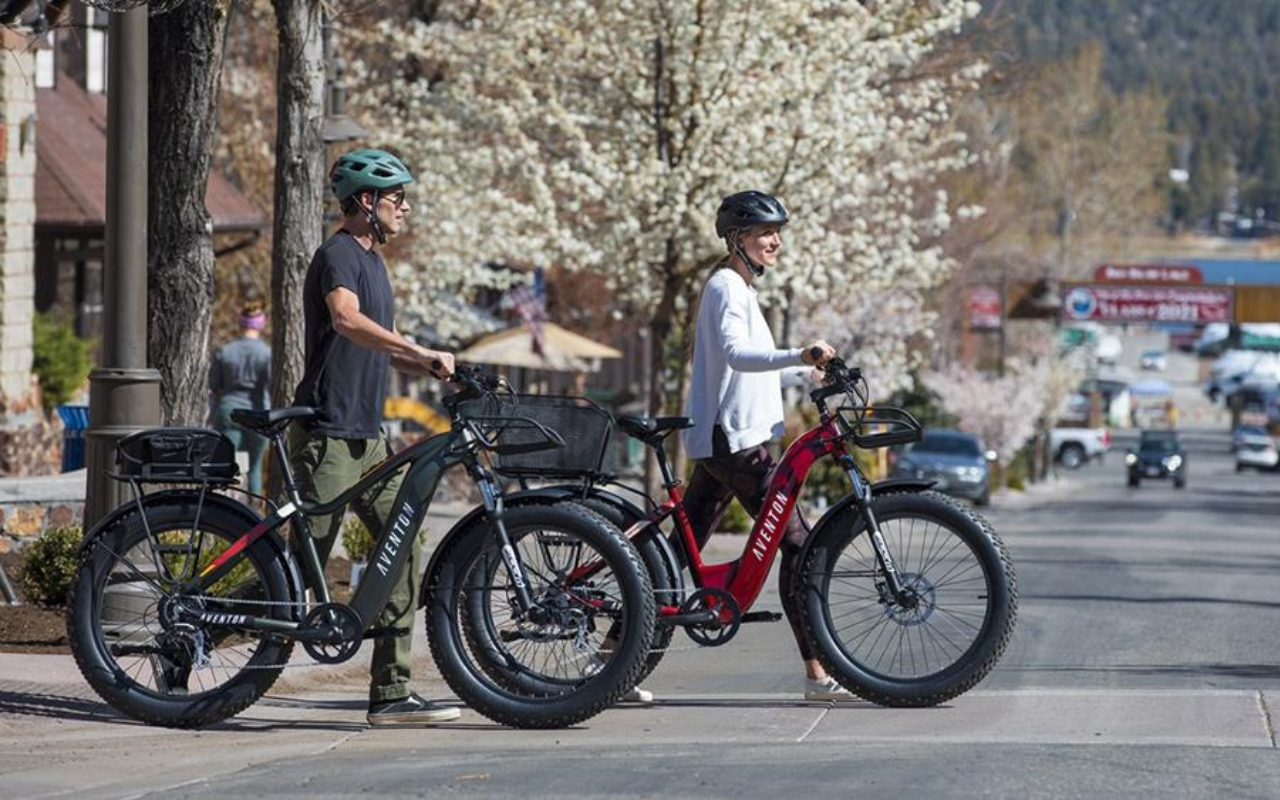

Laisser un commentaire
Ce site est protégé par hCaptcha, et la Politique de confidentialité et les Conditions de service de hCaptcha s’appliquent.